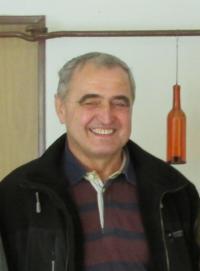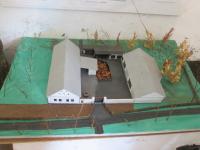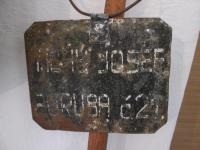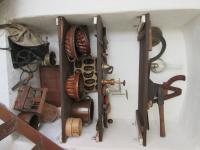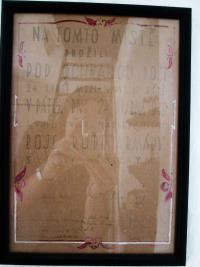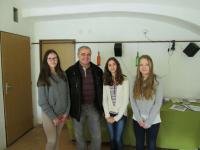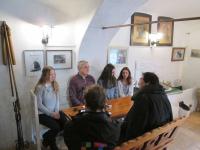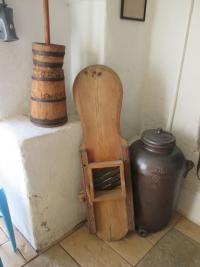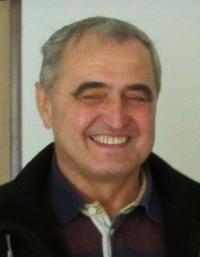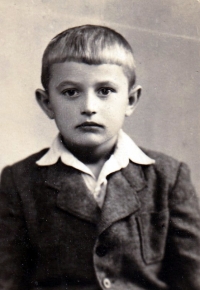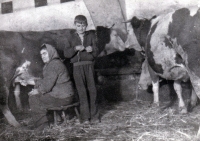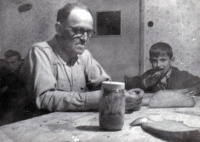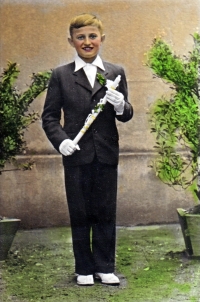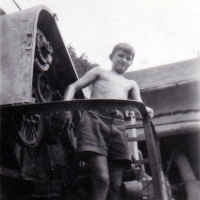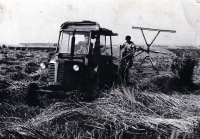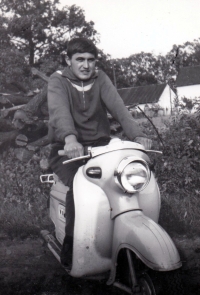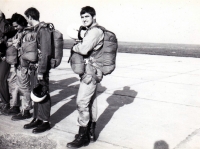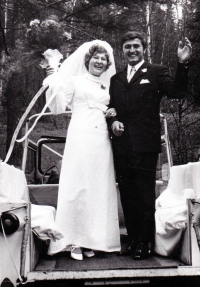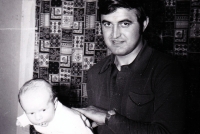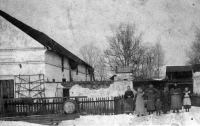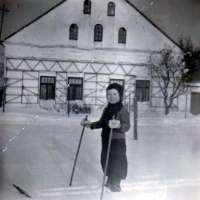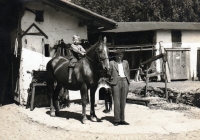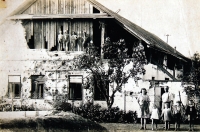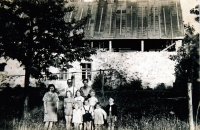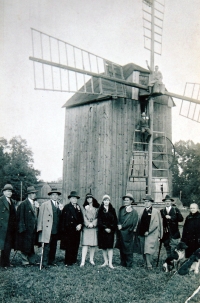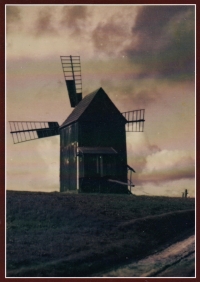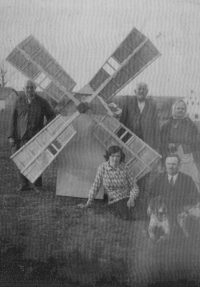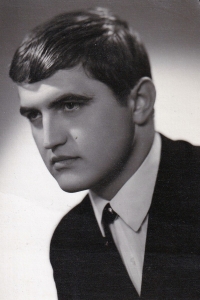Each of us received his suitcase and we had the essentials packed there and we kept them under our beds and we lived like this for three or four years…
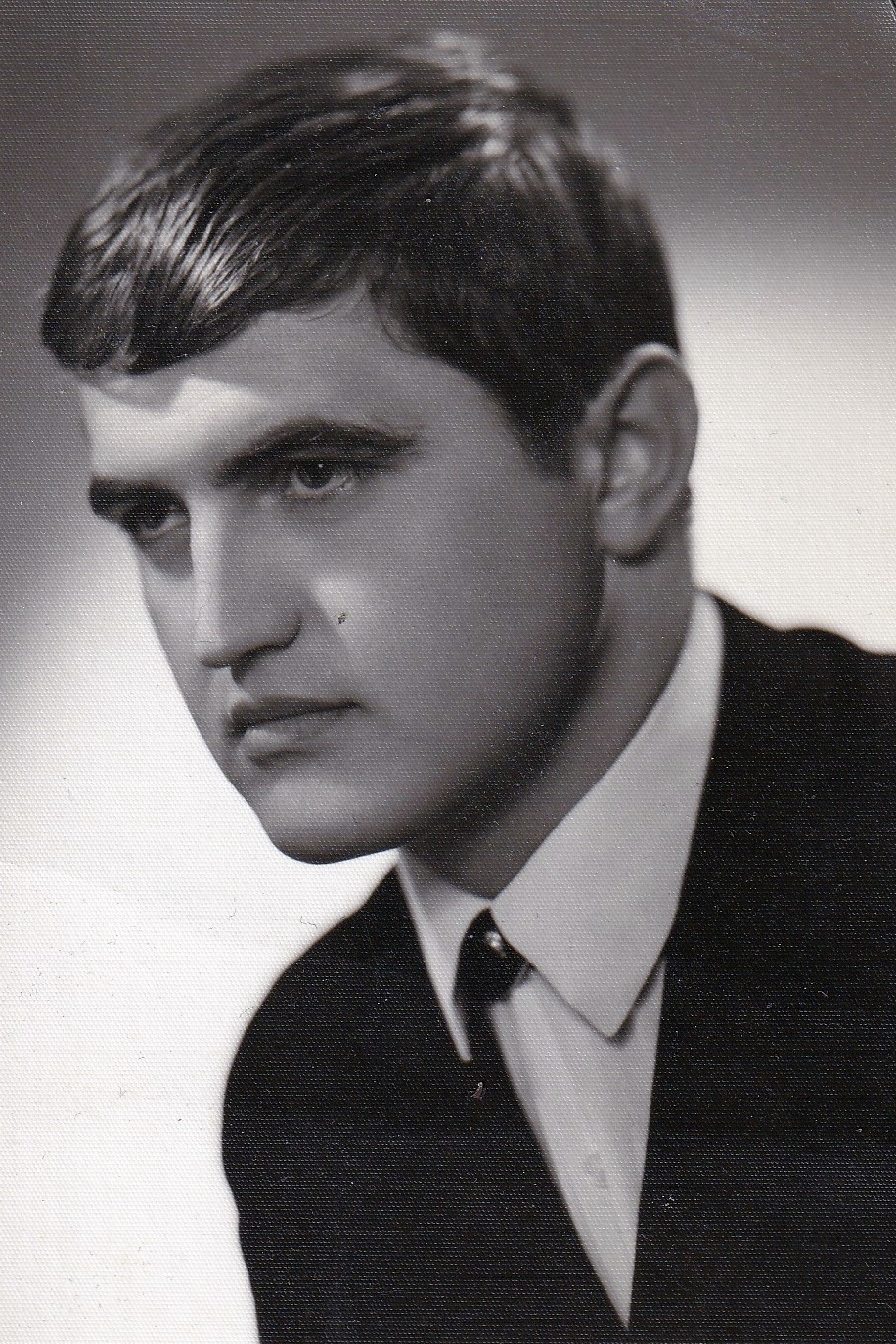
Download image
Jan Tichý was born on July 7, 1947 in Ostrava. He grew up on a family farm in Poruba. His father was a farmer and his mother Božena helped on the farm. He has three older siblings. In the 1950s the family was pressured to join the Unified Agricultural Cooperative. They eventually did so in 1957. Jan Tichý and his siblings had an unfavourable personal political profile and he was thus not allowed to enroll in a secondary school. Instead, he thus completed vocational training in Krnov as a repairman of agricultural machinery. Owing to his excellent results he was able to obtain his final school leaving certificate later at a secondary school in Bruntál and he eventually completed the College of Agriculture in Brno as well. After one year of military service he began working as an agricultural engineer. In 1993 he started a business dealing with construction materials. Jan is married and he has two sons, four grandsons and one granddaughter. He still lives on the farm n. 21 in Ostrava-Poruba.
